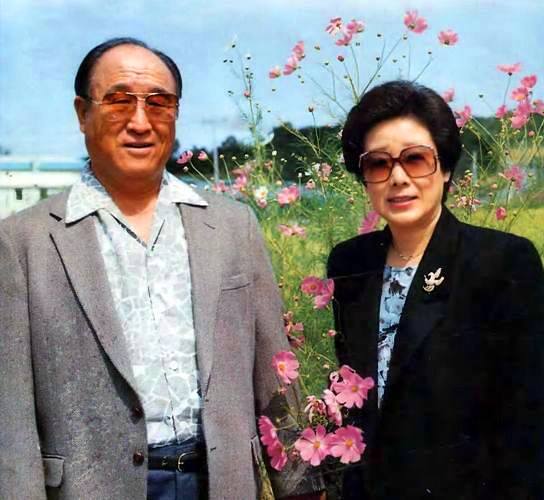![]()
The Words of the Hessell Family
|
|
The Words of the Hessell Family |

Mr. Osami Kuboki recently led the New York chapter of IFVC in a three day fast and vigil support of the Republic of China and its continued representation in the United Nations. The condition ended only a few hours before this important question would be put to a vote in the U.N. General Assembly. Because it was Veteran's Day, many of us were able to attend the session and, as we found out later, to see its tragic results.
We had some free time before the General Assembly was to begin, so I went downstairs to the U.N. bookstore. There were booklets on UNESCO, the World Health Organization, and other service groups, and I thought of the potential the UN had if only all its nations were really "peace loving;" this could really be the way to an ideal world if each country would make the necessary sacrifices for that end result.
As the last of the members filed into their seats, the- meeting began. First to speak was the delegate from Saudi Arabia with a proposal for the representation of China, apparently a compromise between the United States and Albanian resolutions. He explained why a debate was useless, because most of the member states had already determined their vote and were voting in blocks of "co-sponsors." He felt that as an independent country his resolution would not have a chance. To win support, he told jokes and stories about various countries for an hour or so (he was the only delegate who mentioned the Korean War). The meeting continued, and next to [speak was the representative of Albania. Rather than showing the merits of Communist China and why it should be admitted to the United Nations, the delegate devoted most of his speech to calling the United States an imperialist aggressor who was trying to confuse the issue with the "important question" resolution. The U.S. Delegate was next to speak, and although he was angered by the outdated rhetoric of the Albanian accusations he proceeded to list the merits of the Republic of China and the importance of keeping it a member state. Then came a short speech by the Chinese delegate and a few more by other countries.
Then the voting began. First it was decided that the U.S. proposal should be given priority. With emotions running high, shouts were heard as each nation cast its vote: The "important question" resolution lost, 69 to 65. That was the beginning of the end, because members for an unconditional admittance of Communist China formed a strong voting bloc, and without a necessary 2/3rds majority, they could win the vote.
From then on, it was a different meeting. Order turned into chaos, people laughed at the United States as it was ruled out of order; the Swedish delegate mentioned that the Saudi Arabian delegate should be expelled; the Iraq delegate said that if the U.S. is so upset, why not give its seat to the Republic of China? The Syrian representative pushed another delegate out of his way in order to get the podium first.
The meeting cooled off during a vote on the Saudi Arabian resolution, which lost. Then, before the Albanian resolution was voted on, an African delegate asked that the wording of the resolution concerning the expulsion of the Republic of China be changed in order to remove the unnecessary rhetoric. He said he would never walk a friend to the door and then call him names as he threw him out. Everyone was excited, and the voting proceeded. They had been there eight hours, so everyone was anxious to finish and go home.
The voting began, and so did the shouts. The U.S. got many surprises as old friends did not vote as they had expected. Then the vote was counted, and 76 to 35 flashed on the board. Some delegates dropped their heads while others went into emotional ecstasy. Albania's reaction was not just a pleased satisfaction at having gained representation for another large portion of the world, but rather the joyful delirium of a victorious soldier. A victory for Communism it was, too. Another step towards world domination in Communism's war against of the world.
As we left the General Assembly, no one had much to say. We were all crushed by the outcome, and felt only anger and frustration. Where were the allies of democracy, we wondered. How had the order and dignity of the United Nations fallen to confusion and disrespect?
Since, then we have turned our thoughts toward Congress and what kind of reaction might take shape there. There some senators are aware of the present state of the UN, like Senator Goldwater who said:
The time has come to recognize the United Nations for the anti-freedom organization that it has become. The time has come for us to cut off all financial help, withdraw as a member, and ask the United Nations to find a headquarters location outside of the United States, somewhere that is more in the keeping with the philosophy of the majority of voting members, some place like Moscow or Peking.
With this big step for Red China, America can now wake up and realize the threat Communism poses to the democratic nations. It wasn't until the power of Hitler and Nazi Germany was really seen and feared did the nations of the world unite against him. By the same token, the freedom-loving nations of the world can now recognize the same threat aggression and unite around those same "universal rights of man" mentioned in the United Nations Charter by really standing up for those values we know to be the true goals of man and society.